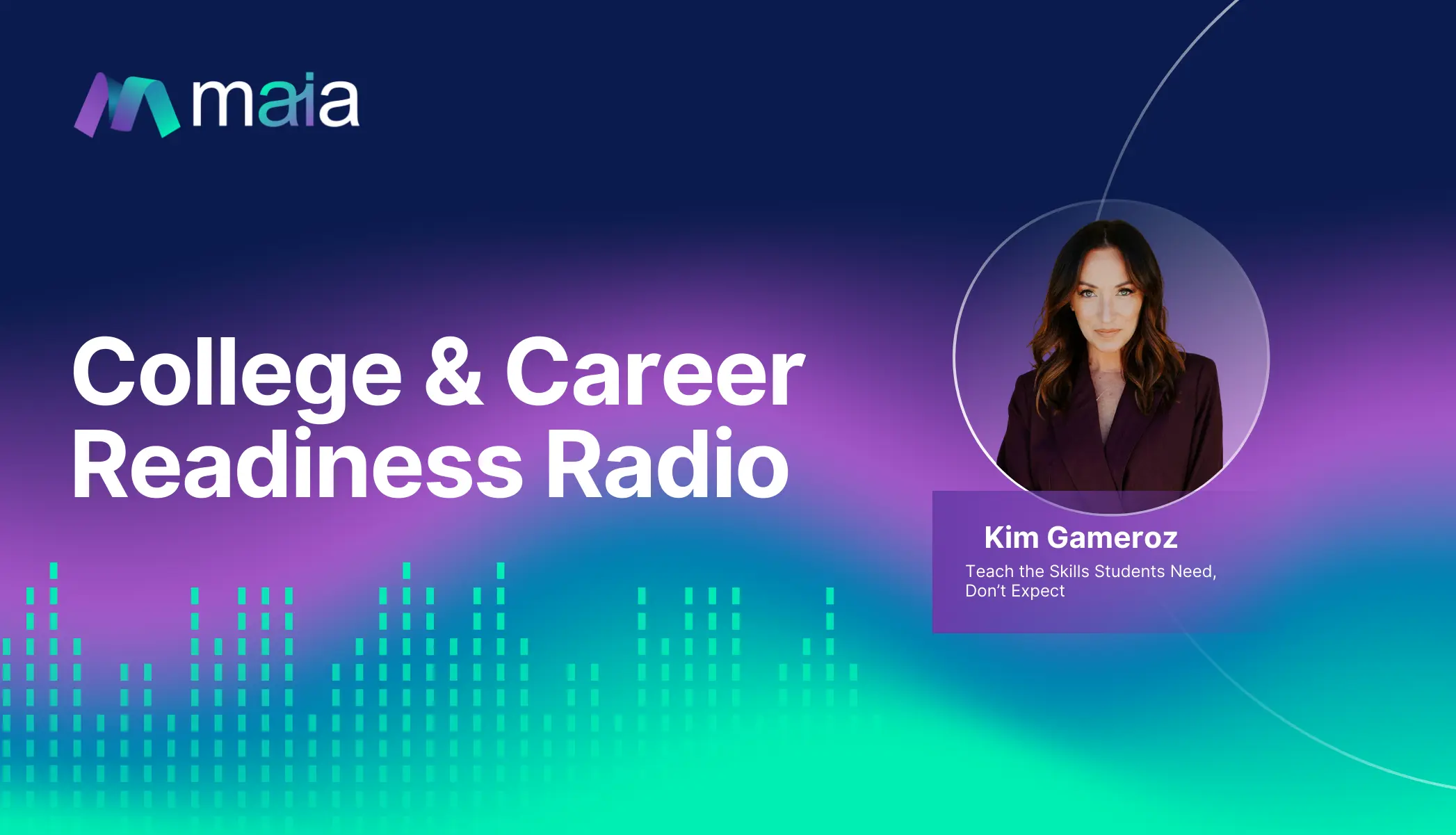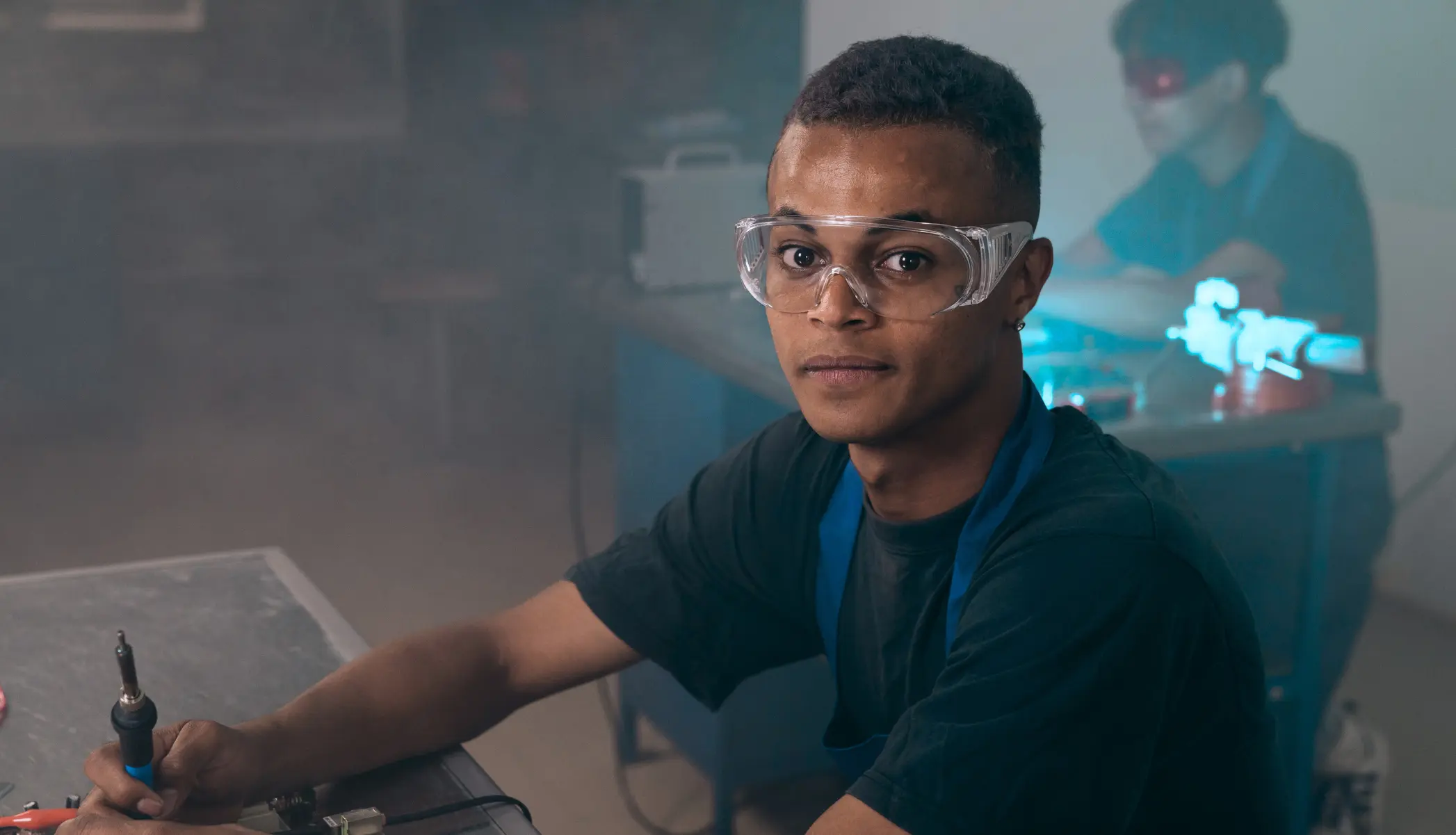Amanda Daniels’ Bio
Amanda Daniels is the Director of Work-based Learning Strategy at GPS Education Partners. With a diverse background in experiential education, alternative education, and youth development, Amanda leverages her 20 years of youth development experience to help clients design career-connected learning solutions.
Amanda specializes in developing programs that integrate the needs of secondary, post-secondary, and industry in order to provide participants with a fast-track to their college and career goals. She also supports the team’s secondary education clients in the development of career readiness frameworks that align strategic goals to work-based learning outcomes and metrics.
Amanda holds a bachelor of science in Outdoor Education from Northland College in Ashland, Wisconsin, and a master's certificate in Online Teaching and Instructional Design from Lenoir-Rhyne University in Hickory, North Carolina.
Amanda emphasizes that building quality work-based learning starts with a clear and shared vision among all stakeholders—teachers, district leaders, business partners, students, and collegiate partners.
She warns that the absence of a shared vision leads to confusion, burnout, and lack of alignment on student success.
Amanda shares practical strategies for facilitating vision clarity: ask every stakeholder “what does success look like?” then get them in the room to co-create a repeatable, energizing vision statement.
She highlights the importance of including collegiate and community partners early in planning, to build “bridges” for students’ ongoing education and avoid the “drop-off model” between high school and post-secondary life.
Amanda encourages using tools like the “five whys” for consensus, Knoster’s Model of Complex Change for strategic planning, and a logic model for organizing implementation steps.
She recommends hiring a consultant as a neutral party to facilitate and sustain strategic planning, but says districts can make progress using these models even without outside support.
Amanda stresses measuring what truly matters—beyond headcounts—by tracking growth in students’ social capital, stakeholder confidence, and meaningful work-based learning outcomes.
Her central message: College and career readiness is too important to leave to chance—create a shared vision, align your community, and measure what matters for students and partners.
She points to Jason Van Nus for a description of ROI, Kristy Volesky for how to tell a story, and Julia Freeland-Fisher for more about the network effect of work-based learning.
.png)















